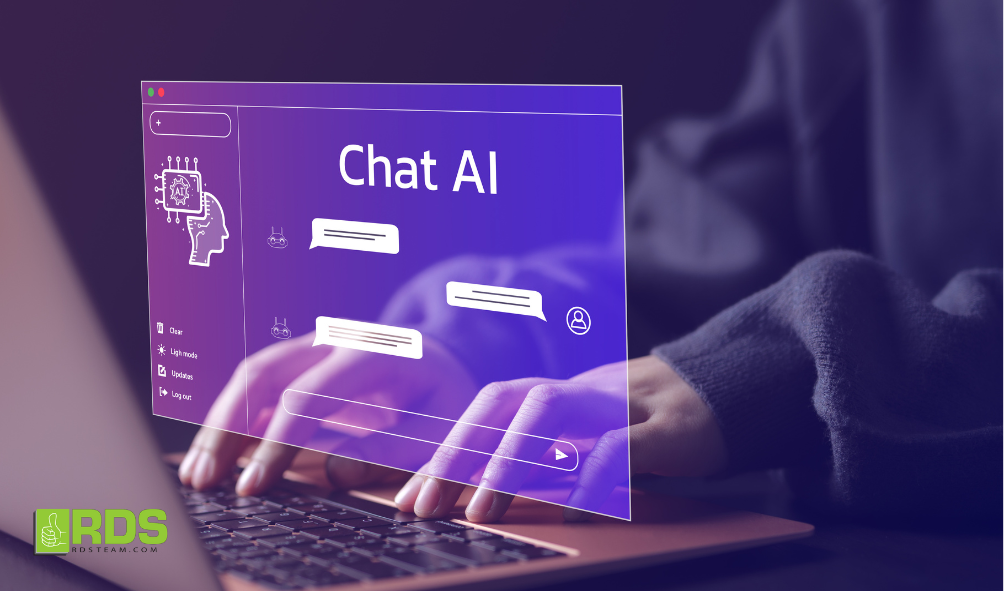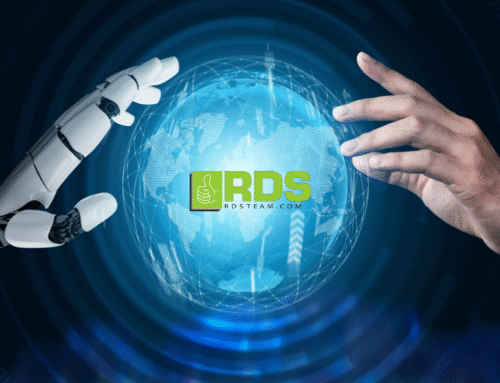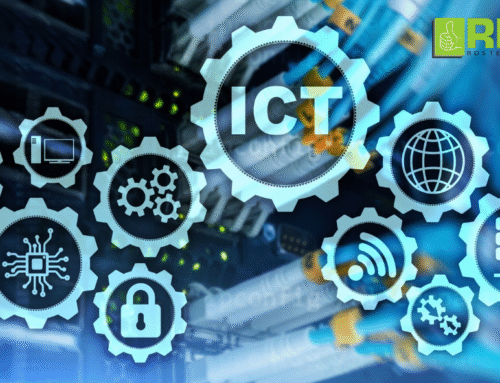Artificial intelligence (AI) refers to computer systems designed to perform tasks that typically require human intelligence, such as recognizing speech, making decisions, and solving problems. AI enables machines to learn from data, adapt to new information, and carry out complex activities without explicit programming for every step. This technology is already influencing many areas of your life, from voice assistants to healthcare diagnostics.
You will encounter AI in industries like finance, transportation, and entertainment, where it helps improve efficiency and accuracy. Its ability to process vast amounts of information faster than humans makes it a powerful tool for tasks that involve pattern recognition, prediction, and automation.
Understanding how it works and the benefits it offers can help you see its potential role in your personal and professional life. Knowing its uses and advantages allows you to engage more thoughtfully with the technologies shaping today’s world.
Defining Artificial Intelligence
Artificial intelligence involves creating systems that can perform tasks requiring human-like intelligence. These systems analyze data, recognize patterns, and make decisions. Understanding it means looking at its definition, fundamental ideas, and historical development.
What Is Artificial Intelligence?
Artificial intelligence is the ability of computers and machines to perform tasks that normally need human intelligence. This includes problem-solving, speech recognition, decision-making, and pattern identification.
AI systems can learn from data, improving performance over time without explicit programming for each task. This learning ability helps you apply AI in areas like healthcare, finance, and personal assistants. Your AI-powered devices simulate reasoning and adapt to new information, making them more effective.
Key Concepts in AI
At the core of AI are important concepts such as machine learning, deep learning, and generative AI. Machine learning allows your system to learn from data and identify patterns without being explicitly programmed.
Deep learning, a subset of machine learning, uses neural networks to handle complex tasks like image and speech recognition. Generative AI enables systems to create new content, such as text, images, or music, based on learned data.
It also relies on algorithms, datasets, and models to mimic human thinking systematically, making it capable of reasoning, understanding, and autonomous action.
History and Evolution of Artificial Intelligence
Artificial intelligence originated in the 1950s as researchers sought to program machines to replicate human thought. Early efforts focused on symbolic reasoning and simple problem-solving.
Progress slowed due to technical limits but revived with advances in computing power and big data in the 21st century. Modern AI uses sophisticated learning methods, enabling breakthroughs in natural language processing and self-driving cars.
Today, it continues evolving toward broader capabilities, including collaboration with humans and potential future developments like General AI, which aims to perform any intellectual task a human can.
Core Uses of Artificial Intelligence
Artificial intelligence enhances various fields by executing tasks that require human intelligence. It drives efficiency, improves decision-making, and supports innovation through data processing and learning capabilities.
Automation Across Industries
AI automates repetitive and complex tasks in industries like manufacturing, healthcare, and logistics. You can use AI-powered robots for assembly lines, improving precision and reducing errors.
In healthcare, AI automates patient data analysis, helping diagnose diseases faster by processing medical images and records. Logistics relies on AI for route optimization and inventory management, cutting costs and delivery times.
Automation also handles customer service through chatbots, reducing wait times and providing faster responses. This lets you focus on strategic work while AI manages routine operations.
Artificial Intelligence in Everyday Applications
Artificial intelligence powers your daily tools such as voice assistants, recommendation systems, and image recognition. Voice assistants understand natural language, letting you control devices or get information hands-free.
Streaming platforms use AI to analyze your preferences and suggest content tailored to your tastes. AI in smartphones enables facial recognition and improved camera functions like scene detection.
Additionally, AI-driven language translation apps help bridge communication gaps instantly. These applications rely on machine learning to adapt and improve over time, making your devices smarter.
Impact on Business Operations
In business, AI streamlines processes by analyzing vast amounts of data quickly. You can apply AI for predictive analytics, forecasting trends, and customer behavior to inform your decisions.
AI enhances customer relationship management by personalizing interactions based on collected data. It also supports fraud detection through real-time monitoring of transactions.
Operational efficiency increases when AI automates routine workflows like document processing or supply chain management. This reduces costs and minimizes human error, giving your business a competitive edge.
Advantages of Artificial Intelligence
Artificial intelligence offers practical improvements in how you operate systems, make decisions, and manage resources. It directly impacts productivity, quality, and your bottom line.
Increased Efficiency and Productivity
It automates repetitive and time-consuming tasks, allowing you to focus on more complex activities. For example, in manufacturing, AI-driven robots perform precise assembly work faster than humans.
You can also use AI algorithms to optimize workflows, reducing delays and errors. This leads to quicker turnaround times and increased output without sacrificing quality.
In sectors like customer service, AI chatbots handle common inquiries 24/7, freeing your staff for nuanced or urgent cases. The result is consistent, scalable performance improvements.
Enhanced Decision Making
Artificial intelligence systems analyze vast amounts of data—far beyond human capability—in real time. This ability helps you uncover patterns and insights that would be difficult or impossible to find manually.
With predictive analytics, it forecasts trends and outcomes, supporting you in strategic planning. For instance, retailers use it to predict demand and optimize inventory.
AI also removes some cognitive biases by providing recommendations based purely on data and algorithms. You can make faster, more informed decisions that reduce risk and improve results.
Cost Savings from AI Implementation
By automating routine jobs, AI reduces labor costs and minimizes human error, which can lead to expensive fixes. This streamlining lowers operational expenses over time.
You can also save money through preventative maintenance powered by AI sensors. These systems detect equipment issues early, avoiding costly downtime.
Additionally, it helps you allocate resources more effectively. Whether in energy management or supply chain logistics, artificial intelligence identifies savings opportunities that directly impact your financial performance.
Challenges and Future Outlook
Artificial intelligence brings both significant opportunities and complex issues. You will need to navigate ethical dilemmas, understand impacts on employment, and stay informed about ongoing innovation.
Ethical Considerations
You must address concerns about privacy, bias, and transparency in AI systems. Algorithms can unintentionally reinforce existing biases if not carefully designed and tested.
Accountability is another key issue. When AI systems make decisions, it’s critical to have clear mechanisms for responsibility and recourse, especially in sensitive areas like healthcare or law enforcement.
Ensuring that it respects user rights and operates transparently helps build trust. You should also consider the societal impact, including surveillance risks and data misuse.
AI and the Job Market
Artificial intelligence automates routine tasks, affecting jobs in industries like manufacturing, customer service, and transportation. You may see some roles diminish, but new opportunities also arise in AI development, maintenance, and oversight.
Your workforce may need reskilling to adapt to changing demands. Preparing for shifts in employment patterns involves education, policy support, and proactive management.
You should weigh both job displacement risks and productivity gains to properly understand how it reshapes labor markets.
Potential for Future Innovation
AI continues to advance rapidly in areas like healthcare diagnostics, autonomous vehicles, and natural language processing. You can expect improvements in efficiency and new functionalities.
You also face challenges around scalability, robustness, and integrating it safely into critical systems. Research into General AI aims to create machines with broader reasoning capabilities.
Staying updated on breakthroughs will help you leverage AI’s full potential while managing risks related to security and control.
Looking for an Artificial Intelligence software for your business? Get in touch with RDS, one of the leading business solutions providers in Miami, to guide you in finding the software that will suit your business needs. Call (888) 242-4242 or send us an email for more information today.

















